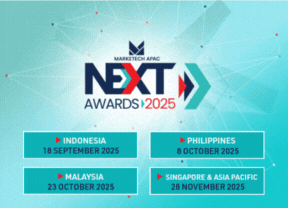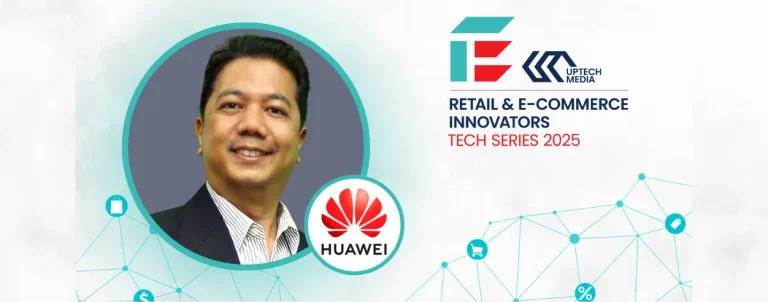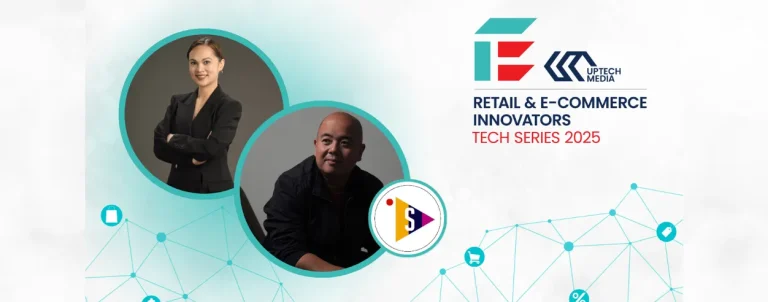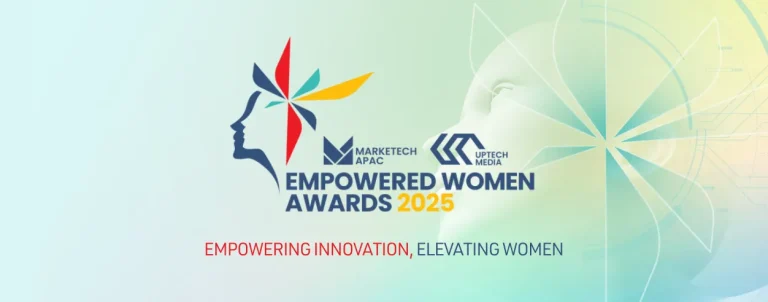Singapore – Only 27% of local organisations in Singapore have fully implemented artificial intelligence (AI) or AI-enhanced tools to support employees with their work, despite the growing adoption and focus on AI. This is according to a recent report from HubSpot, a customer relationship management platform.
Findings also revealed that although organisational-wide adoption may be low, 51% of business leaders reportedly use AI in their work. This implied that more employees might also be personally utilising AI tools. However, 82% of leaders express concern about the lack of clarity regarding team-wide AI use, a challenge that may restrict the full realisation of AI’s potential in Singaporean organisations.
Commenting about this, Dan Bognar, VP and MD, JPAC at HubSpot, said, While AI holds considerable potential to positively transform how businesses market to, sell to, and service customers, our research suggests that ongoing gaps between AI strategies and operational realities are impacting how companies use AI.”
“Shifting from independent to company-wide use will require the development of clear guidelines outlining AI usage policies, equipping employees with the relevant AI skill sets, as well as integrating AI solutions with data and tools currently in place. Most importantly, proper measurement frameworks need to be implemented to accurately track AI’s business impact,” Bognar added.
The report also noted business leaders being capable of effectively tracking and measuring the impact of AI are much more likely to see tangible business benefits emerge on both company and employee levels. The research then outlined a range of benefits suggesting increased productivity (88%) and increased efficiency (76%) among employees, with 61% also stating higher levels of employee well-being.
Its key benefits to businesses also include increased revenue (75%), improved customer satisfaction (75%), the ability to generate better leads (60%), as well as a reduction of overall costs (46%).
Meanwhile, organisations without AI measurement systems report significantly smaller gains, reporting increased productivity (75% and efficiency (74%), improved employee well-being (43%), higher revenue (48%), better customer satisfaction (48%), improved lead generation (44%), and reduced costs (31%).
In addition, nearly half of Singapore business leaders surveyed indicated a lack of success metrics (49%), relevant talent and skill sets (48%), and visibility of AI use (45%) among the top three challenges faced when measuring the impact of their AI efforts, which could impact the effectiveness of any measurement tools.
When it comes to driving AI talent and learning efforts with AI, the research also reported the majority of Singapore business leaders intention to invest in AI tools over the next 12 months, with the average investment amount being approximately S$32,000.
As AI adoption grows, so will the demand for specialised AI-related roles. In particular, a Head of AI role that steers organisational use of AI is increasingly commonplace, and the wide range of use cases means this role may be filled by business leaders in traditionally non-tech functions such as sales, customer service, and marketing.
Around 90% of respondents also expect their organisations to expand hiring to support the deployment and implementation of AI. This expectation is backed by LinkedIn’s findings, which identify Singapore as a rapidly growing hub for AI talent in the Asia Pacific.
While three-quarters (75%) of business leaders surveyed are expecting their organisation to employ a Head of AI in the next 12 months, there appears to be a growing recognition of the need to adapt existing workforces for an AI economy.
Bognar then explained, “The best results are derived from a combination of AI capabilities and human ingenuity. The AI era should be viewed as an opportunity for organisations to reskill or upskill their workforce, tapping relevant initiatives such as SkillsFuture Singapore to meet increasing demand for AI skills. This is a critical step that empowers employees not only to undertake other strategic tasks but also to effectively leverage the power of AI to drive better business outcomes.”
Interestingly, 38% of business leaders that use AI to search said they have reduced their use of traditional search engines like Google or Bing to obtain their information.
Another 89% also said AI chat models have become their default search function compared to traditional search. This is only set to increase, with more than nine in ten (93%) business leaders expecting their use of AI chatbots like ChatGPT and Perplexity to increase over the next 12 months.
Bognar said, “In the coming years, AI will become so integrated in how we think of technology that it will no longer be referred to as ‘AI-powered’. We are already seeing this happening with search, which is now adapting itself to the evolving needs of users. This shift will impact traditional marketing strategies, with industry practitioners needing to evolve their playbooks to focus on language model optimisation instead of SEO to ensure visibility in AI search engines.”
“At HubSpot, we are focused on the practical applications of AI, making it fast to set up, easy to use, and powered by a unified set of data that businesses have. As AI becomes more integrated in the day-to-day running of businesses, we see agentic AI being the driver of the next big shift. To fuel this, we are creating a marketplace of AI agents that every business can leverage regardless of whether they have a Head of AI or not—we call this agent.ai. This will make it easier for businesses of all sizes to meaningfully participate in and reap the benefits of the AI economy, enabling them to maintain their competitive edge,” concluded Bognar.












